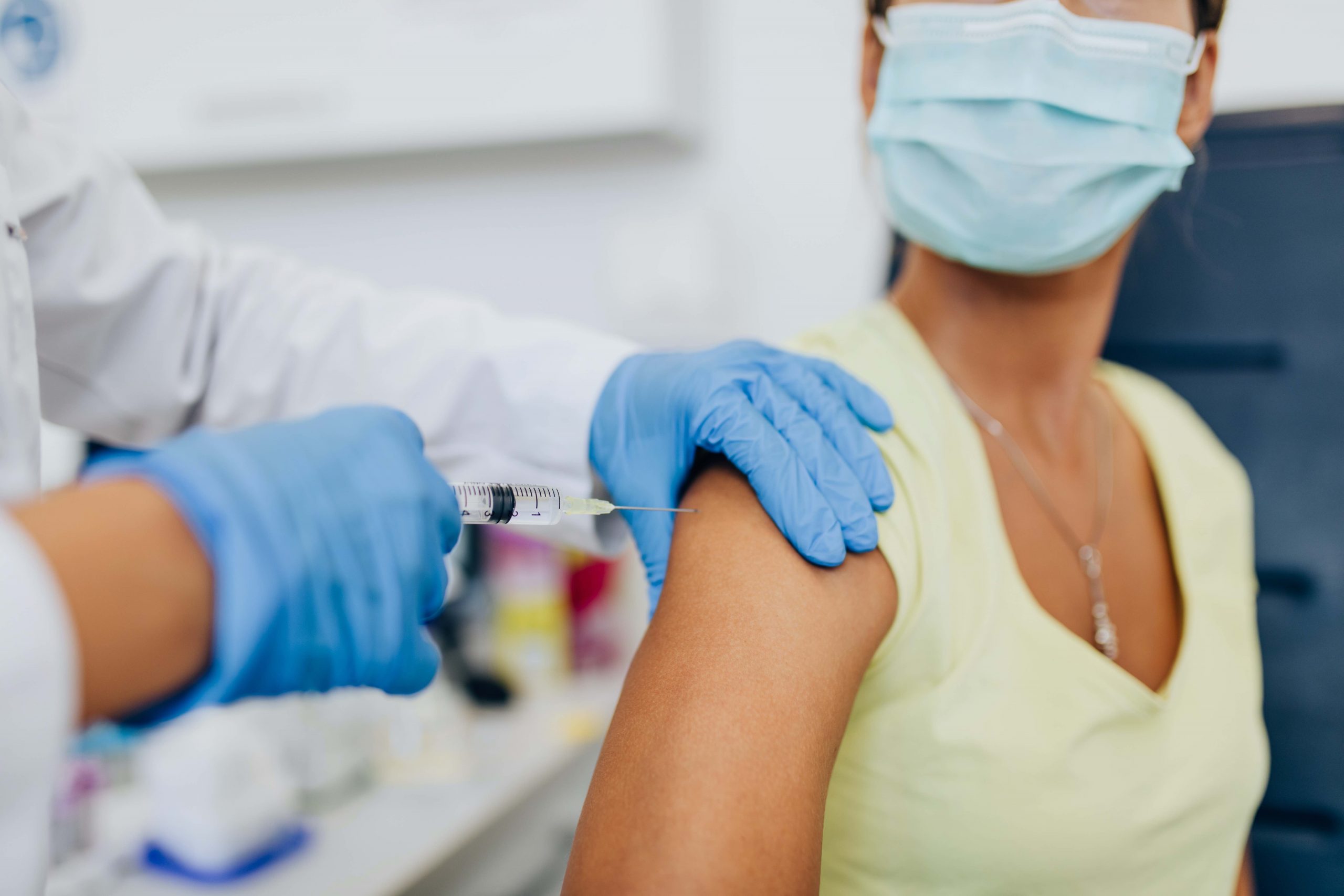More than 80 percent of those who received the Sinopharm vaccine developed antibodies against Covid-19, with antibody responses similar to the levels seen in those who were infected naturally by the virus.
A study into immune responses to the Chinese-made vaccine was carried out by the University of Sri Jayewardenepura in Sri Lanka, with a team that included two researchers from Oxford University in the UK. The study found that 95 percent of 20-39-year-olds had a “very high” immune response after receiving two doses of the Sinopharm vaccine. That response dropped to 93.3 percent in the over-60 group. Overall, the vaccine induced antibodies in 81.25 percent of vaccine recipients.
However, researchers found the Sinopharm vaccine was less effective against the highly-contagious Delta variant, producing a 1.38-fold reduction in antibodies compared to antibody levels against the older version of the virus first identified in Wuhan, China. Against the Beta variant, first seen in South Africa, the Chinese jab showed a tenfold decrease in antibody levels.
But the study concluded there was no significant difference in antibody levels between those who had received the vaccine and those who had been infected naturally with either the Beta or Delta variants.
“This vaccine was found very effective for the Delta variant as well,” the university’s website reported. “The antibody responses to Delta variant and neutralizing antibodies were similar to levels seen following natural infection.”
The highly-transmissible Delta variant, first identified in India last year, has become the dominant version of the virus worldwide. It has been detected in more than 90 countries and is responsible for the recent surge in infections across the globe.
The UAE was the first country to approve use of the Sinopharm vaccine and was chosen for Phase 3 trials last year. Health services in the UAE began administering the jabs to residents last December. Since then, three more vaccines – Pfizer-BioNTech, the Russian-made Sputnik V and the Oxford-AstraZeneca – have been approved.
The Sri Lankan study was funded by the World Health Organization, the UK Medical Research Council, the UK Foreign Office and the Chinese Academy of Medical Sciences.
Another study, published in the New England Journal of Medicine on July 21, found that two doses of the Pfizer or the AstraZeneca vaccine are nearly as effective against the Delta variant as they are against the Alpha variant, which was first seen in the UK in September 2020. But the study stresses that one dose is not enough for high protection.
The study found that two doses of the Pfizer vaccine was 88 percent effective at preventing Delta infections with symptoms, compared to 93.7 percent effective against the Alpha variant.
Two doses of the AstraZeneca vaccine were found to be 67 percent effective against the Delta variant and 74.5 percent effective against the Alpha variant. The findings confirmed the conclusions released by Public Health England in May.
Yet another study, this time from Canada but not yet peer-reviewed, found that just one dose of the Pfizer, Moderna or AstraZeneca vaccine offered higher protection than previously thought against symptomatic illness caused by the Delta variant. Researchers found that even a single dose of any of three vaccines provdes “considerable protection against symptomatic infection and severe outcomes.”
More specifically, one dose of the Pfizer vaccine was 56 percent effective against symptomatic infection by the Delta variant, while one shot of the Moderna was 72 percent effective and one shot of the Astra Zeneca was 67 percent effective.
The Canadian study also found that one dose of any of the three vaccines was 78 percent effective (Pfizer), 96 percent effective (Moderna) and 88 percent effective (AstraZeneca) in preventing severe illness, hospitalisation and death from the Delta variant of Covid-19.






